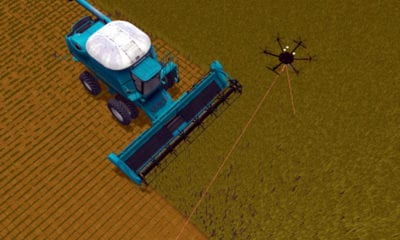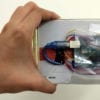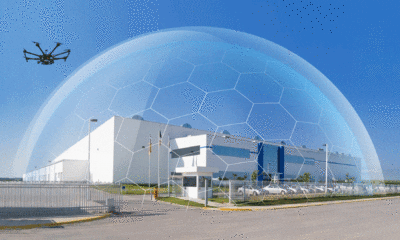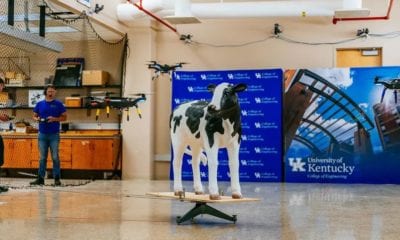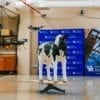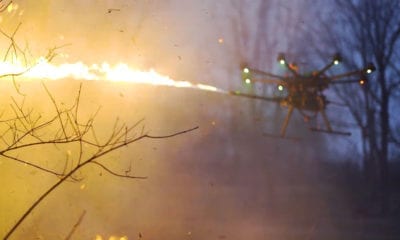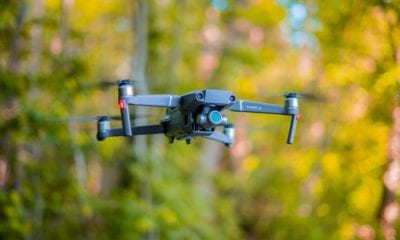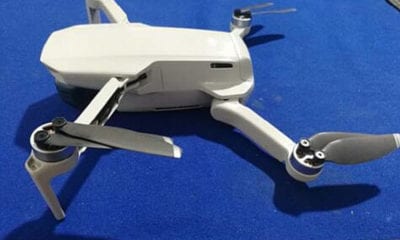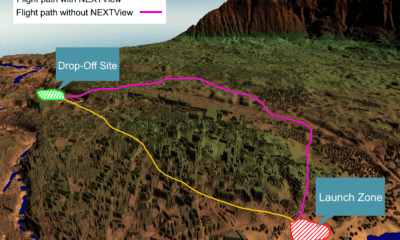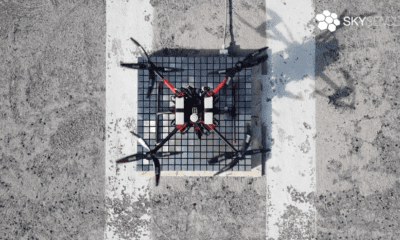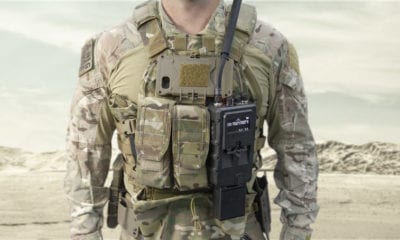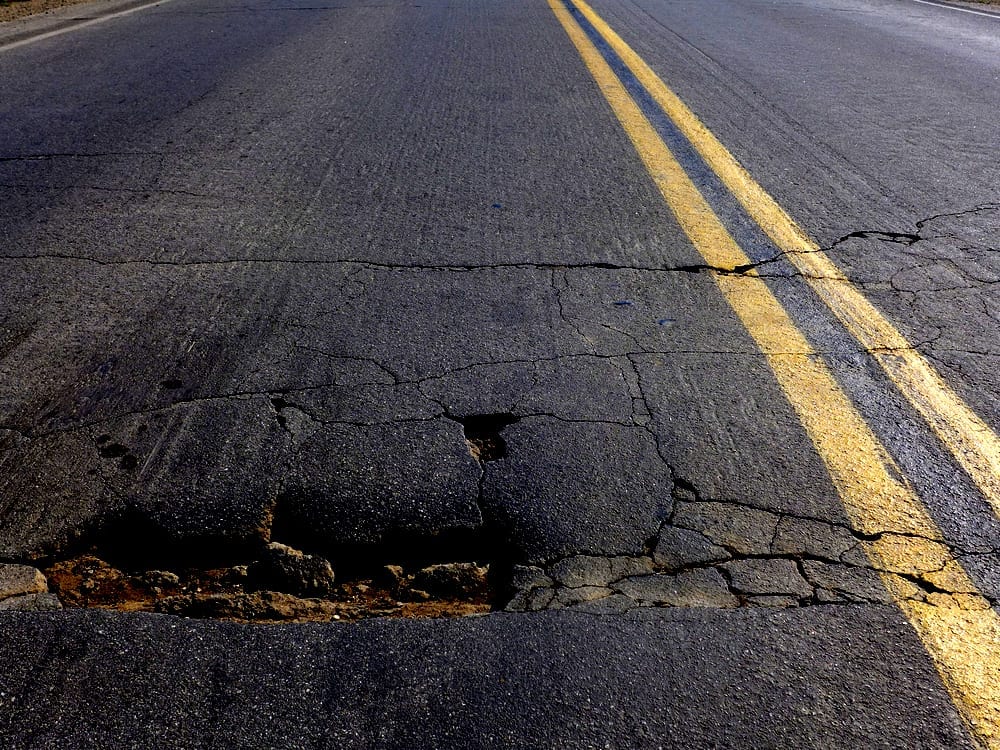
News
Drones for Road Repairs via Leeds Uni and EPSRC
A project funded by the Engineering and Physical Sciences Research Council (EPSRC) aims to develop small robots to identify problems with utility pipes, street lights and roads and to repair them with minimal environmental impact and disruption to the public and was announced by the Universities and Science Minister, Jo Johnson. The announcement comes after University of Leeds researchers demonstrated a drone that sprays asphalt via a 3D printer.
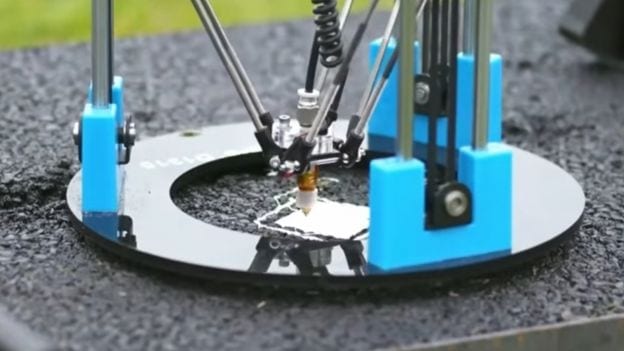
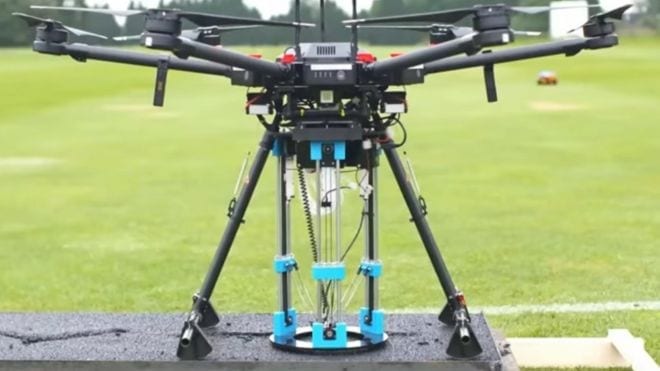
It is part of a £21m funding for ‘Engineering Grand Challenges’ research, which aims to tackle some of the major challenges facing science and engineering. New robot designs and technologies will be developed in three areas initially:
- “Perch and Repair” – drones with the ability to perch, like birds, on structures at height and perform repair tasks, such as repairing street lights.
- “Perceive and Patch” – drones capable of autonomously inspecting, diagnosing, repairing and preventing potholes in roads;
- “Fire and forget” –developing robots which will operate indefinitely within live utility pipes performing inspection, repair, metering and reporting tasks.
To ensure that the robots are thoroughly tested before being trialled in a safe and responsible manner in Leeds the team will work with Leeds City Council and the UK Collaboration for Research in Infrastructure and Cities (UKCRIC).
Professor Phil Purnell, from the School of Civil Engineering, is leading the research team. He said: “We want to make Leeds the first city in the world to have zero disruption from street works. We can support infrastructure which can be entirely maintained by robots and make the disruption caused by the constant digging up the road in our cities a thing of the past.”
Dr Rob Richardson, director of the National Facility for Innovative Robotic Systems at the University added: “Our robots will undertake precision repairs and avoid the need for large construction vehicles in the heart of our cities. We will use the unique capabilities of our robotic facility to make new, more capable robots.”
Leader of Leeds City Council Councillor Judith Blake said: “We are delighted to be working with the University of Leeds on this intriguing and groundbreaking project. We are very keen to explore new innovations and use the latest technologies to improve how the city runs through our Smart Cities programme, and this idea of turning science fiction into fact will be fascinating to watch. We look forward to following its development with interest as part of a relationship between the council and the university that continues to go from strength to strength.”
The project brings together expertise from the Schools of Civil Engineering, Mechanical Engineering, Electronic and Electrical Engineering, Computing, as well as from Leeds University Business School, the School of Environment and the Institute for Transport Studies. The team includes researchers from some of the UK’s top universities including Birmingham, Southampton and UCL, with Nottingham, Sheffield, Oxford and Imperial as supporting partners.

